Welcome
I started this blog in 2013 to share my reflections on reading, writing and psychology, along with my journey to become a published novelist. I soon graduated to about twenty book reviews a month and a weekly 99-word story. Ten years later, I've transferred my writing / publication updates to my new website but will continue here with occasional reviews and flash fiction pieces, and maybe the odd personal post.
|
Here are two moving recent reads about families confronting a life-changing decision by one of their members and the changes they must make to accommodate this. The first is a trans novel published in 2015 which I’ve only just discovered; the second is a story I loved when I first read it on its publication in 2002.
2 Comments
Two novels that have sat on my bookshelves for a while, the first waiting to be read, and the second loved and waiting to be re-read. Written by acclaimed female novelists – the first British and the second, Canadian, now deceased – read on to see what this unacclaimed female novelist, also the author of a fictional biography, thought.
1989 brought a transition from communism to democracy across Eastern Europe, with the Velvet Revolution in Czechoslovakia, a 600 kilometre joining of hands across Latvia, Estonia and Lithuania, and the collapse of the Berlin Wall. These two novels feature a part of that story, one ending, and the other beginning, in 1989 and both, as a bonus, featuring narrators brought up by grandparents partly as a result of political events. Set in Latvia before regime change, Soviet Milk is about the difficulty of living a moral life under totalitarianism. Set in the Czech Republic in the very near future, Spaceman of Bohemia is about how a father’s collaboration impacts on the career and choices of his son.
Life’s tough on the fringes of society, perhaps particularly if you’re female. Not only have you your own vulnerability to contend with, but the projections of others who feel safer dwelling on your difference than on your similarity to them. Let me take you into the worlds of three such fictional females: The Parcel is harrowing novel about sex workers in Bombay; Dance by the Canal is a lighter novella about a homeless woman in East Germany; my recently published short story, “Ghost Girl” is about an African girl with the wrong colour skin.
Every novel is comprised of different parts that writers, readers and reviewers hope will combine into a satisfying whole. My last two reviews of 2016 – before I reveal my favourites of the year – are of novels for which finding that coherence is a particular challenge, but extremely worthwhile if achieved. Both published this summer, neither seems to have attracted many reviews on Goodreads, but I’m impressed with both (albeit one more than the other) so I hope you’ll at least give my reviews a chance.
While I’d recommend this novel to readers, I want to focus, as I did some time ago with Instructions for a Heatwave, on what we can learn from Laird Hunt’s sixth novel (although the first to be published in the UK) as writers, whether we are looking to write historical fiction or not.
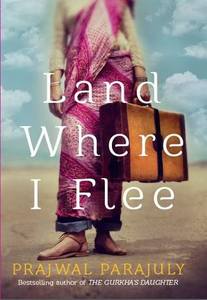 In Gangtok in the remote state of Sikkim, Chitralekha, Nepali-speaking Indian clothing factory owner with the ear of the local politicians, awaits her eighty-fourth birthday. Reluctantly, her thirty-something grandchildren travel from across the world to join her: Agastaya from New York; Manasa from London; and Bhagwati from Boulder, Colorado. Each arrives without their significant other: Agastaya because he can’t tell his family he’s gay; Manasa – married by arrangement into a high-caste Nepali family whose Oxford degree is useless now she stays at home nursing her father-in-law – because she is grateful for a break; Bhagwati because her low-caste Bhutanese husband and two Americanised sons would be unwelcome in the family home. So far, so clichéd, but a dysfunctional family, especially one in an exotic culture, can be entertaining in its way, even if, like in a stale sitcom, the characters are obliged to continually repeat their defining grievances, just in case the audience hasn’t got it. 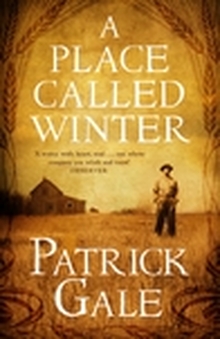 Patrick Gale’s wonderful sixteenth novel opens with a disturbing bathroom scene. Incarcerated in a mental asylum, Harry is manhandled by a couple of attendants into a hot bath where he’ll be held immobile for hours, ostensibly to calm him; whether it could, when I was having palpitations merely reading about it, seemed unlikely. A relief then, to move with Harry a few pages later to a more benign institution, a therapeutic community by the river. Yet he remains haunted by a previous trauma: These memories lay in rooms he couldn’t enter. In the quiet moments of lucidity between baths, he had approached them close enough to sense they were wrapped in a grief so powerful that even to put his hand on the doorknobs would fry his skin. (p11) Moving back and forth in place and time, between his convalescence in the community and a life that has taken him from upper-middle-class England to the newly colonised Canadian prairies in the early years of the twentieth century, the doors to those troubling memories are gradually opened to us. |
entertaining fiction about identity, mental health and social justice
Annecdotal is where real life brushes up against the fictional.
Annecdotist is the blogging persona of Anne Goodwin:
reader, writer, slug-slayer, tramper of moors, recovering psychologist, struggling soprano, author of three fiction books. LATEST POSTS HERE
I don't post to a schedule, but average around ten reviews a month (see here for an alphabetical list), some linked to a weekly flash fiction, plus posts on my WIPs and published books. Your comments are welcome any time any where. Get new posts direct to your inbox ...
or click here …
Popular posts
Categories/Tags
All
Archives
March 2024
BLOGGING COMMUNITIES
|
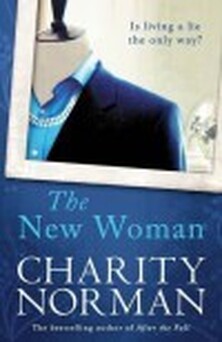
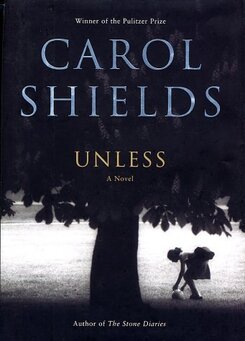
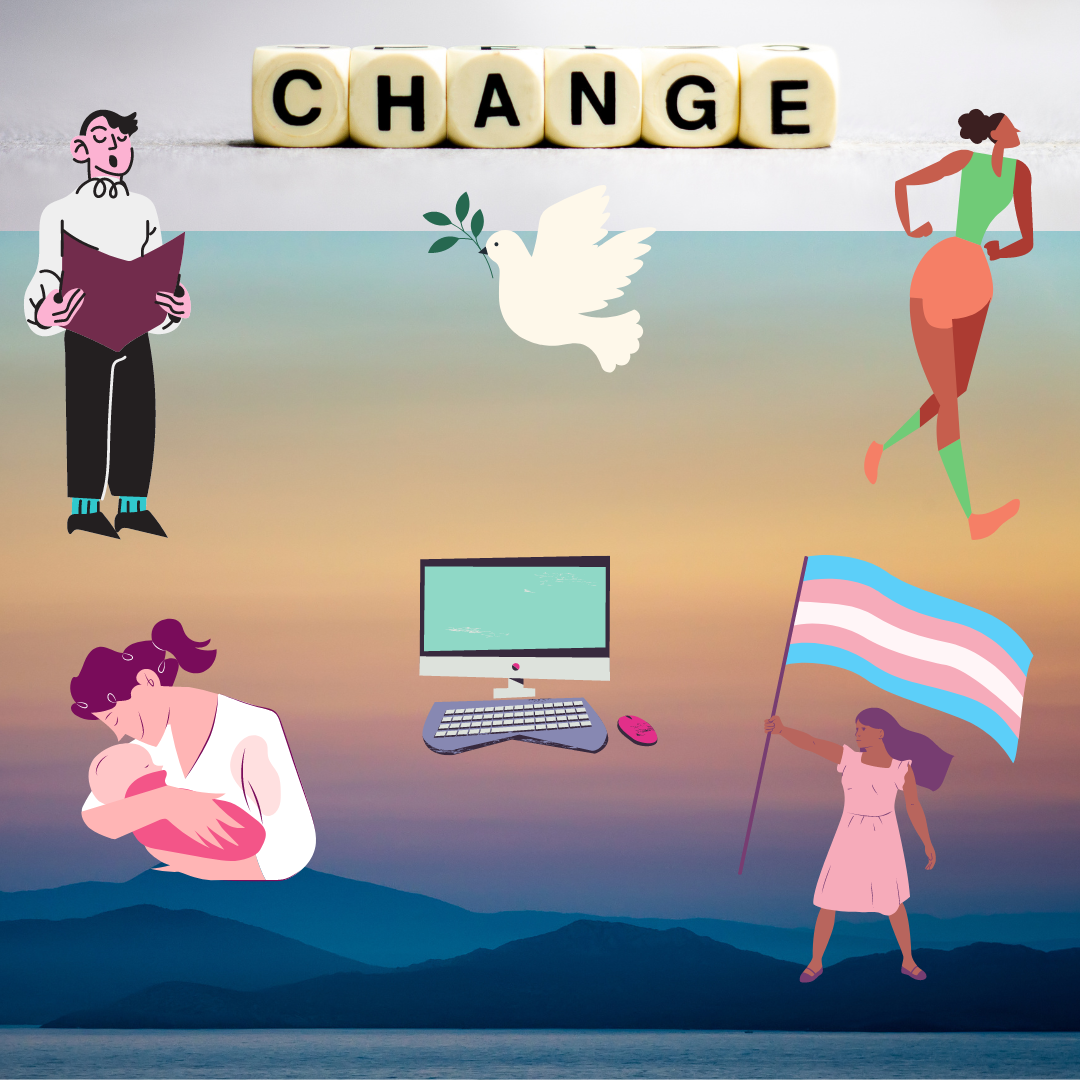
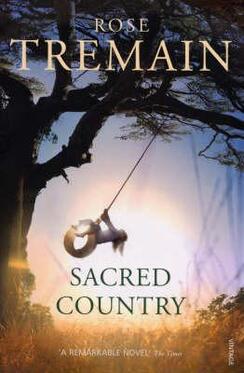
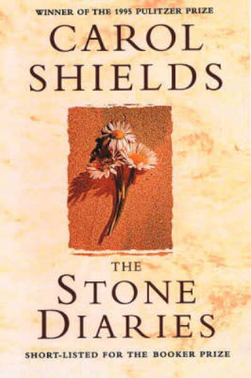
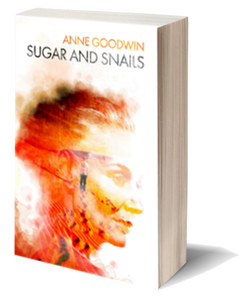
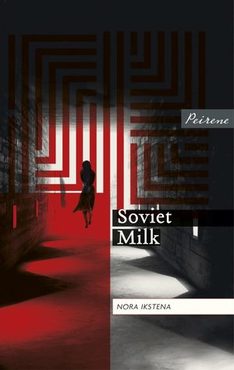
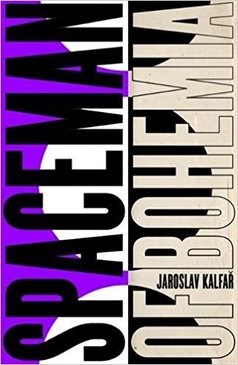
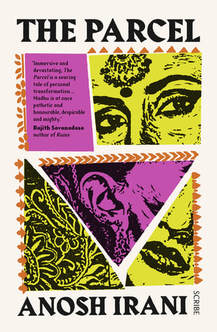
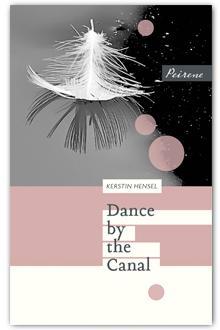

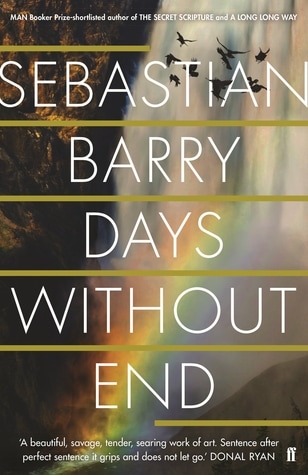
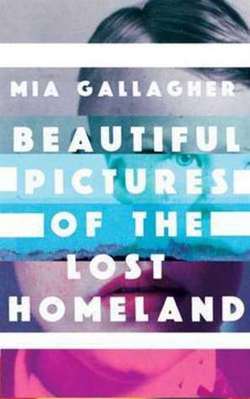
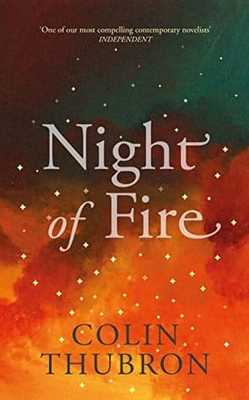
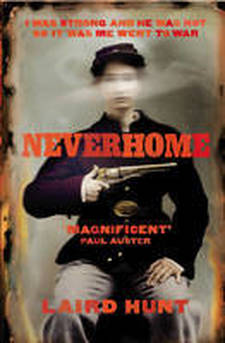






















 RSS Feed
RSS Feed





















